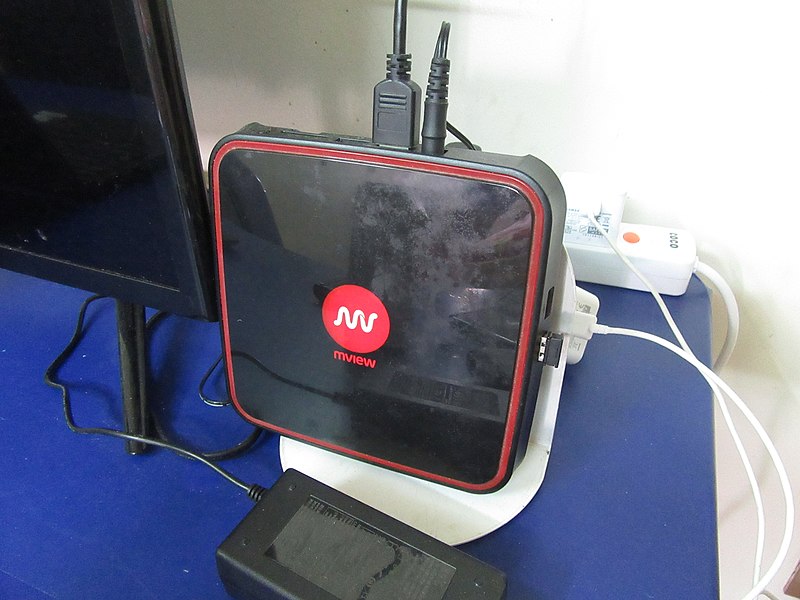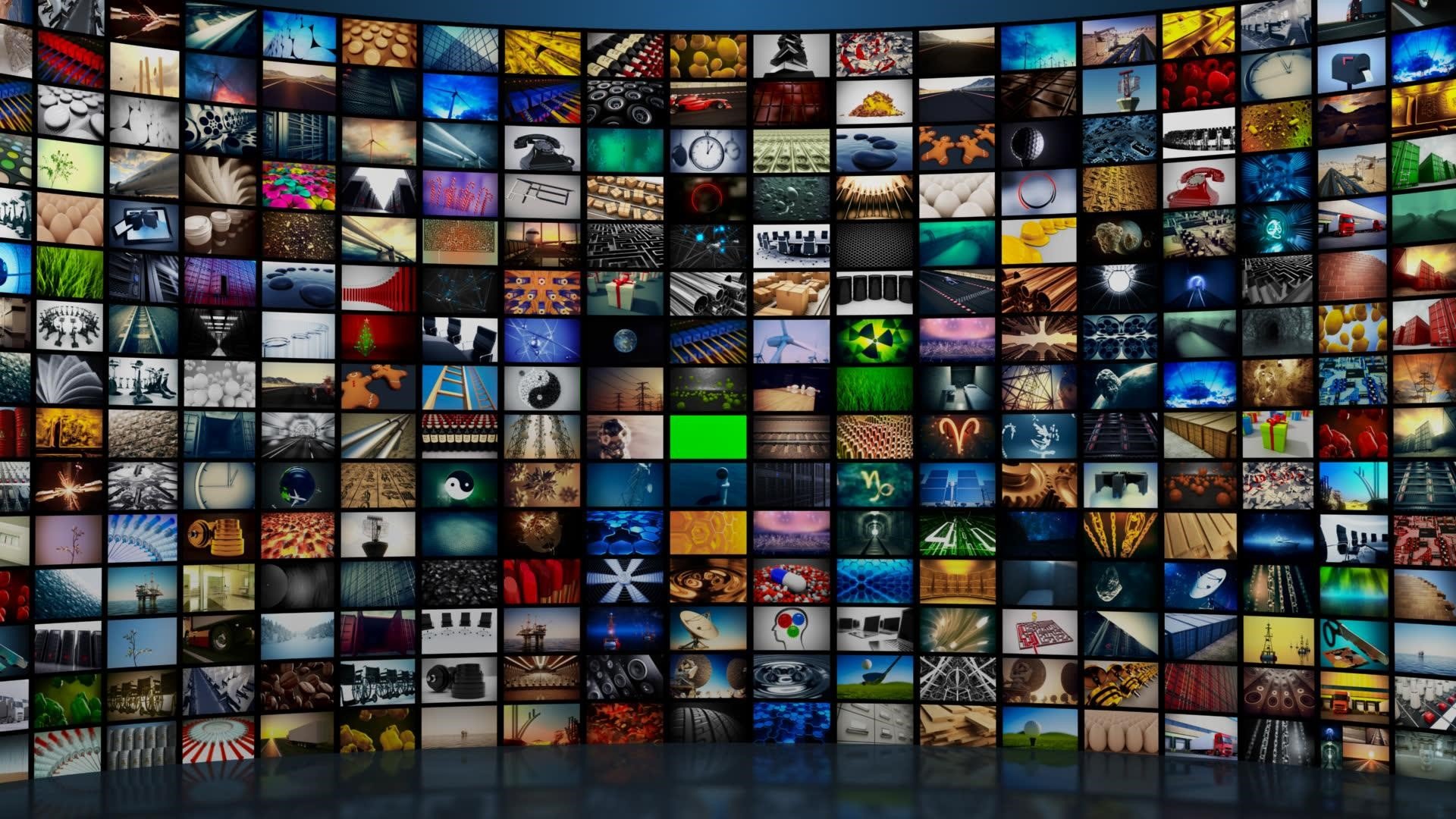IPTV vs. Cable television-- Which One is Right for You?
IPTV vs. Cable television-- Which One is Right for You?
Blog Article
IPTV Explained: Why It's Transforming the Means We See TV
The appearance of Web Procedure Television (IPTV) indicates a critical change in exactly how target markets engage with web content. As we explore the complexities of IPTV, it comes to be apparent that this advancement is not merely a trend; it positions significant effects for the future of tv consumption and the landscape of electronic enjoyment.
What Is IPTV?
IPTV, or Net Method Television, is an approach of supplying television material online as opposed to via traditional satellite or cord styles. This innovative strategy makes use of net method networks to transmit video clip information, permitting visitors to access a large range of shows directly using their web connection. Unlike standard broadcasting, which counts on radio waves or wire infrastructure, IPTV makes it possible for the streaming of content in a much more user-centric and versatile fashion.
One of the key advantages of IPTV is its capacity to give on-demand accessibility to a vast collection of programs, films, and live broadcasts. Clients can take pleasure in individualized watching experiences, including the choice to stop, rewind, or document content. In addition, IPTV solutions frequently include interactive features, such as video as needed, catch-up television, and the capacity to accessibility multiple devices concurrently.

How IPTV Functions

The procedure begins with web content gathering, where various television networks and programs are compiled onto a central server. From this web server, the web content is inscribed into digital styles suitable for streaming. When a user selects a program, the IPTV service obtains the ideal data packages from the web server and transfers them to the individual's device.
IPTV typically functions through set-top boxes or wise Televisions, which decode the inbound information and provide the video for seeing. The innovation makes use of flexible bitrate streaming to enhance video clip top quality based on the individual's web rate, making certain a smooth watching experience. In addition, IPTV frequently integrates interactive functions such as pause, rewind, and gain access to to a virtual library, improving individual engagement. Generally, IPTV represents an advanced assimilation of technology that transforms conventional tv watching right into a much more customized and vibrant experience.
Benefits of IPTV
As audiences significantly look for versatility and personalization in their entertainment selections, IPTV offers a variety of advantages that satisfy these needs. One of one of the most substantial advantages is the capability to access material on numerous tools, including smartphones, tablet computers, wise TVs, and computer systems - Iptv. This multi-device compatibility permits users to appreciate their preferred programs and movies anytime, anywhere, enhancing their watching experience
In addition, IPTV offers a substantial library of on-demand content, allowing customers to choose what to enjoy, when to view it, and just how to see it. This contrasts with traditional broadcasting approaches, where viewers are commonly constrained by dealt with routines. Furthermore, IPTV solutions often provide customization attributes, such as customized referrals based upon checking out routines, enabling individuals to find brand-new material matched to their preferences.
Furthermore, IPTV commonly consists of sophisticated functions like cloud DVR capabilities, allowing individuals to tape and store programs for later viewing. Improved interactivity, such as the ability to stop briefly, rewind, or fast-forward material, further enriches the checking out experience. Iptv. Collectively, these advantages placement IPTV as a compelling alternative to conventional tv, satisfying the developing assumptions these days's target markets
Contrast With Standard Television
Conventional tv and IPTV present distinct checking out experiences, each dealing with various target market preferences. Typical television relies upon satellite, wire, or terrestrial signals, supplying a repaired timetable for broadcasting. Customers are commonly bound to specific time ports to see their favorite programs, which can be troublesome in today's busy atmosphere.
On the other hand, IPTV provides material through the internet, permitting users to stream continue reading this shows and flicks on-demand. This flexibility makes it possible for customers to see web content at their comfort, getting rid of the constraints of a fixed timetable. In addition, IPTV solutions commonly give accessibility to a wider variety of networks and content, including global programming and niche categories that traditional wire plans may not provide.
Moreover, the interactivity of IPTV enhances customer engagement, permitting features such as rewind, record, and time out capacities that traditional television does not have. Users can also access additional content, consisting of thorough program overviews and visitor ratings, enhancing the total viewing experience.
Eventually, while standard tv stays a staple for lots of audiences, IPTV's versatility and riches of content make it a progressively preferred option, interesting those seeking more control over their viewing habits.
Future of IPTV
The future of IPTV appears appealing, driven by developments in technology and changing consumer preferences. As broadband framework remains to improve worldwide, IPTV services are poised to supply higher-quality video web content with minimal buffering and enhanced user experiences. This progression is matched by the spreading of clever tools, making it possible for visitors to accessibility IPTV content on smartphones, tablets, and wise TVs, therefore enhancing convenience and movement.
In addition, the combination of you could check here expert system and device understanding into IPTV systems is anticipated to reinvent content shipment. Personalized recommendations based on checking out behaviors will certainly enhance customer engagement, making it simpler for subscribers to find pertinent content. Furthermore, the unification of enhanced reality (AR) and virtual reality (VIRTUAL REALITY) technologies holds the prospective to develop immersive viewing experiences that conventional television can not match.
The rise of subscription-based designs and ad-supported streaming services shows a change in how consumers are eager to spend for content, better sustaining IPTV's development. As more consumers look for adaptability and customization in their checking out routines, IPTV is most likely to become a leading force in the entertainment landscape, improving exactly how content is created, dispersed, and consumed in the coming years.
Verdict
In verdict, IPTV represents a transformative development in television intake, providing viewers extraordinary versatility and control over their watching experiences. Its capability for on-demand accessibility, customized material, and interactive functions distinguishes it from standard broadcasting techniques. As technology remains click for more info to progress, the possibility for IPTV to more impact media intake patterns and improve the amusement landscape continues to be substantial. This change underscores the significance of adapting to emerging innovations in a progressively digital globe.
The appearance of Net Procedure Television (IPTV) indicates a pivotal change in just how audiences involve with content.IPTV, or Web Procedure Television, is an approach of supplying tv content over the web rather than with standard satellite or wire styles.Using a network of internet methods, IPTV supplies tv web content through a collection of well-defined procedures. Additionally, IPTV solutions regularly offer customization features, such as tailored referrals based on checking out behaviors, permitting users to discover new web content fit to their preferences.
Furthermore, IPTV solutions typically provide accessibility to a more comprehensive selection of channels and material, consisting of global programs and particular niche genres that typical cable television packages may not offer.
Report this page